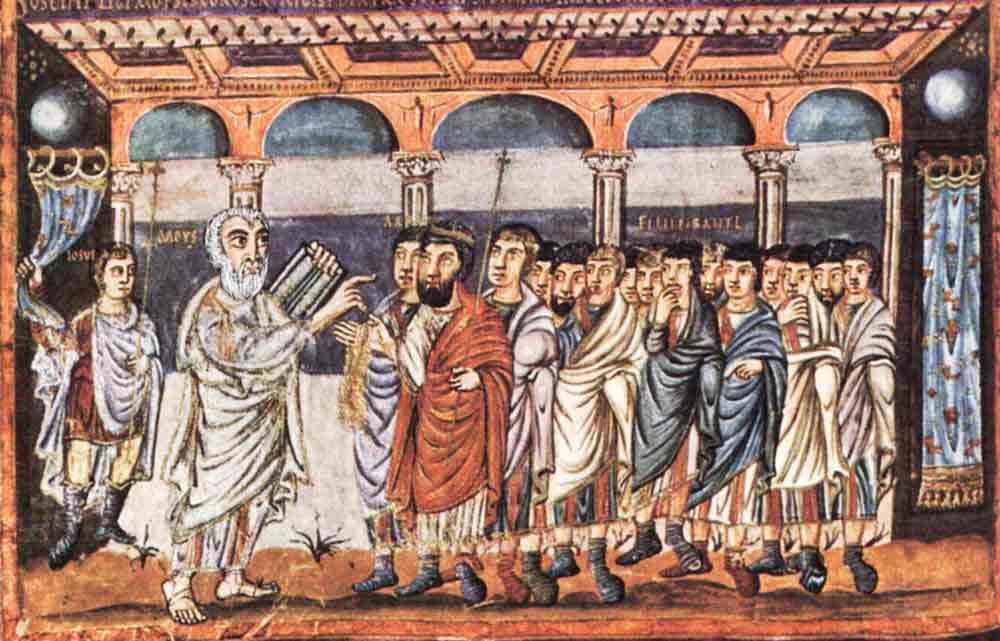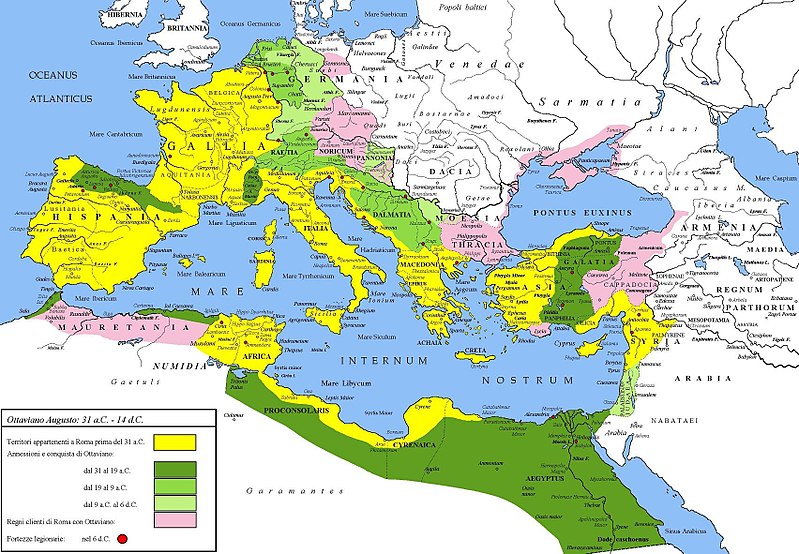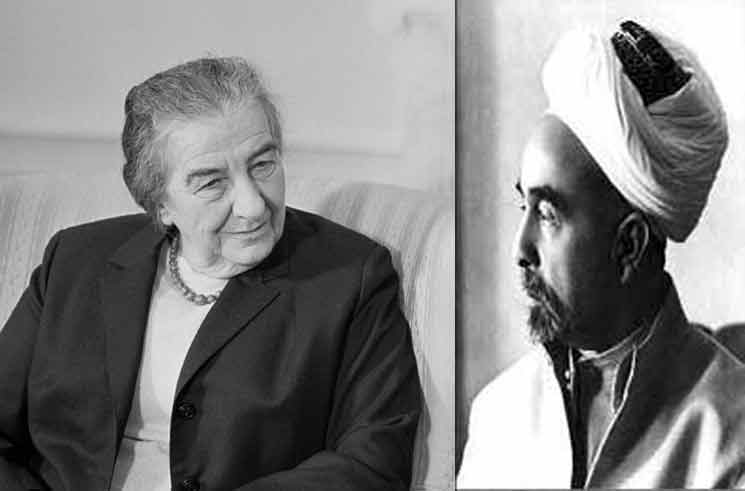After declaring the establishment of an independent Jew nation in the land of Israel, David Ben-Gurion headed straight for the Israeli military headquarters.
The administrators of the new state had to be democratically elected as Israel had chosen the democratic form of governance. But till the time the first election happened, an interim government was to rule, and as the leader of it, David Ben-Gurion was to be the acting Prime Minister.
In the meantime, several nations, among which the United States was the first, started to convey their recognition for the young Jew nation of Israel. The night progressed. Ben-Gurion radio broadcasted a live speech addressed to the people of the United States.

However, as Ben-Gurion continued his speech, the roar of the aircraft was suddenly heard at a distance and sirens warning of enemy attack blared. The speculations of the invasion by the Arab nations had come true, and it had begun with air raids. Ben-Gurion had to conclude his speech in a hurry as the airplanes of the Egyptian Air Force headed towards Tel Aviv.
It was an emergency. It seemed like the most joyous day in the modern history of the Jews would turn into the most horrific day. Having faced the Arabs at the civil war all along, the Jews now faced external aggression.
On the face of it, it was an unequal clash….
The just-born Jew nation had to battle five Arab countries….
Though the Israeli military had some fighting experience, they did not possess much familiarity with a full-fledged war, and were up against war-ready armies of five nations….
Israel had very limited firepower and manpower at their disposal while the Arab forces had no looking back when it came to these two factors….
Overall, the conditions did not favour the Jews. However, they had few pluses that weighed over the unfavourable conditions.
The Jews had achieved their dream of having an independent motherland after a very long wait and had the fighting spirit that augmented their strong and intense nationalism and indomitable perseverance needed to protect it.
Moreover, they had been blessed by a leader in the form of David Ben-Gurion, who was seasoned, firm and was a fighter!
….and most importantly, they had the unwavering faith in God. The Jews honestly believed, ‘the Jew-nation is the Promised Land, the land promised by God and hence to save it, it’s He who will show us the way out of all the troubles’.
As a result, though the attack made Ben-Gurion worry, there was no fear.
Having concluded his radio speech in a hurry, Ben-Gurion proceeded for the Tel Aviv airstrip in an open jeep. Till then, the Egyptian airplanes had begun bombing the airfield, damaging it to a considerable extent. The only Israeli aircraft parked there too got hit.

The Haganah had pasted posters in every corner of Israel instructing about the care one must take during the war, and in a way had created public awareness. The posters had all the necessary instructions. They informed people about building emergency shelters in the basement of their houses and avoid moving in open through the crowds. Thus, though the bombings lead to losses of property, no lives were lost.
Gradually, the news started to pour in. Israel was under attack from all the sides by five of its neighbouring Arab nations. From the west, about 10,000 troops of the Egyptian Army had advanced by crossing the Sinai Peninsula. From the east invaded some 4,500 forces of Transjordan. The armies of Lebanon, Syria and Iraq too were just about to reach the borders of Israel. In addition to all this, Saudi Arabia was speculated to send its military units to fight by the side of the Arabs.
The strength of the Israeli defence forces was somewhere around 30 thousand. Although the number seemed higher than the Arab forces, it was more or less a fact just on the paper as this entire strength was distributed across the land of Israel and was occupied fighting the Palestinian Arab militias.
The British ran a prison in Cyprus where the Jews caught entering the land of Palestine without permits were kept. As the British left Palestine, they closed down this facility and set free all the imprisoned Jews. With Israel the declaration of its independence, Israel lifted all the restrictions imposed on the immigration of the Jews and also announced that it will always offer open doors to the Jewish people who wish to return to the Jew nation. Hence, all the Jews imprisoned in Cyprus had begun to return to Israel, and the number of those joining the ranks of the Israeli army increased everyday.
Even in these adverse conditions, in addition to the new recruits coming in from Cyprus, another thing proved beneficial for Israel. Despite the fact that the five Arab nations had sent in their forces at the same time to destroy Israel, their armies lacked concordance, operations were devoid of coordination – infact, they were in a state of chaos. Importantly, even the rulers of these countries silently nursed disharmony towards each other and harboured distinct personal ambitions for the war. As an example, King Abdullah of Transjordan did not in any way favour the creation of an Arab nation in the land of Palestine. On the contrary, he dreamt of integrating with Transjordan, the area designated by the United Nations for the Arab nation.
The matter that mainly worried Israel over and above the number of troops was the inadequacy of weapons and war equipment. Contrary to the Jews, the Arab forces with more than 150 cannons, 175 tanks, 60 fighter planes, armoured vehicles, etc. were heavily armed. Against this, the number of cannons, tanks and fighter planes that Israel had was far less, and again, many among these were old.

Many nations had turned a blind eye to the request for weapons aid that Israel had placed before them. Moreover, Israel did not have the necessary money to buy weapons.
Consequently, for a few days at the start of the Arab-Israeli War, the Arab forces were seen to be one up over the Israeli army everywhere. The areas in the land of Palestine, not allocated to the Jews had started to fall in the hands of the Arab forces gradually. (To be continued…)

















